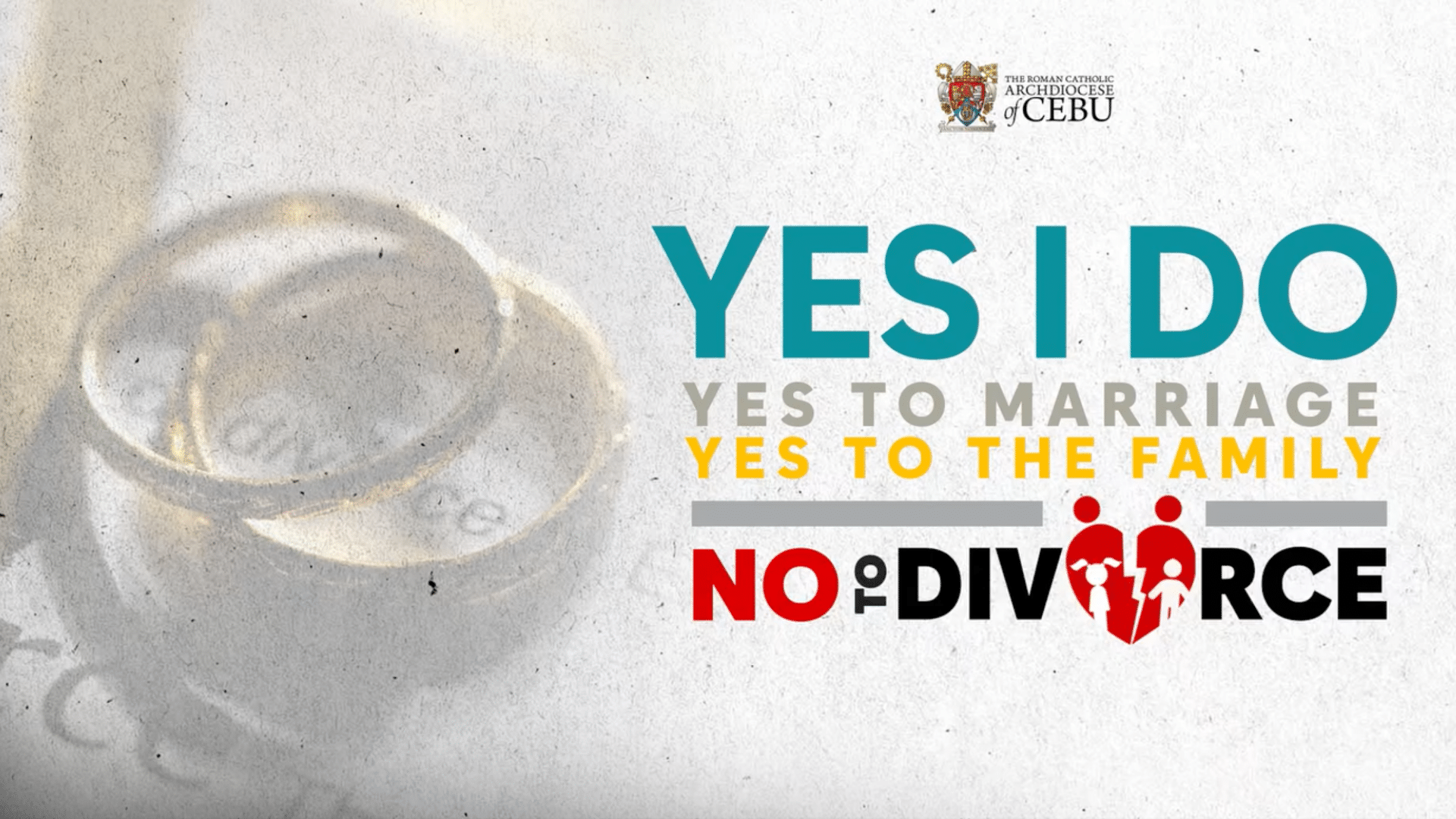122,000 sign Cebu Catholic church campaign vs divorce
CEBU CITY — The Archdiocese of Cebu has so far gathered 122,000 signatures from those opposed to the passage of the divorce bill.
In a press conference on Saturday, Cebu Archbishop Jose Palma said the Roman Catholic Church in this city was elated to learn that more people are affixing their signatures to the “Yes I Do To Marriage, Yes To Family, No Divorce” signature campaign in 170 parish churches in the province.
“Many other countries admire the Philippines [where] love is reciprocated with love and that Filipinos commit to a relationship for life,” the prelate said.
Msgr. Raul Go, head of the Cebu Archdiocesan Matrimonial Tribunal, echoed Palma’s statement, saying Filipinos “still hold on to what marriage is designed for.”
Go urged politicians espousing divorce to be proud that the Philippines continues to hold the record as the only nation outside the Vatican that has no divorce law.
Article continues after this advertisement“It is something to be proud of and not to be ashamed of,” Go said, citing anecdotes from foreigners wanting to have Filipino wives because they stick to marriage until death.
Article continues after this advertisementPriest activist Carmelo Diola said the archdiocese expected only 100,000 to sign the manifesto but a thousand more came to churches to sign.
Cebu has more than four million Catholics and 170 Catholic churches.
Palma also invited Cebuanos to join the prayer rally in the afternoon of July 26, beginning with a testimonial walk from Fuente Osmeña Rotunda to the Basilica Minore del Sto. Niño.
Talks and prayers will be held before a Holy Mass for the Filipino family.
The House of Representatives approved on May 22 House Bill 9349 or the proposed Absolute Divorce Act with 131 affirmative votes, 109 negative votes, and 20 abstentions.
The bill is pending in the Senate.
Albay 1st District Rep. Edcel Lagman, author of the House bill, said the passage signifies a significant shift in societal attitudes towards marriage and relationships.
By legalizing divorce, Lagman said the Philippines acknowledges the need to provide options for individuals trapped in “unhappy and irreparable marriages.” (PNA)
